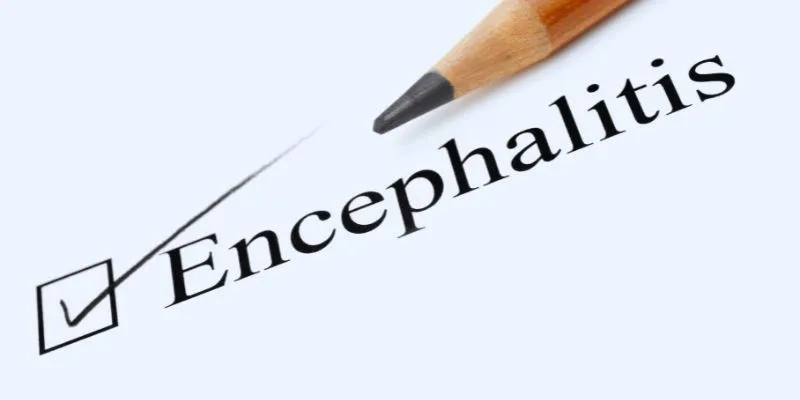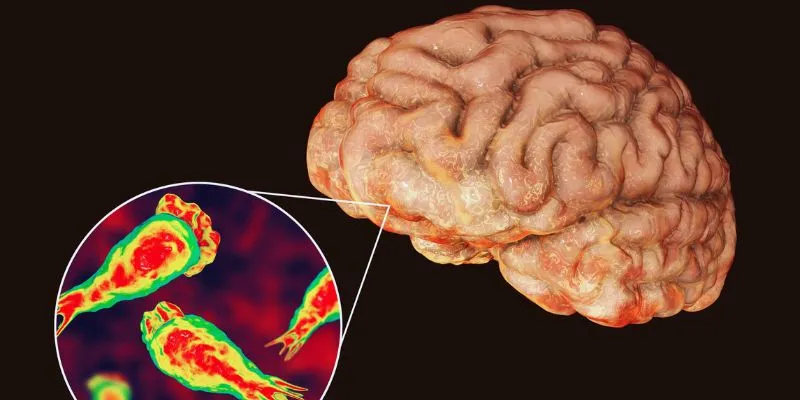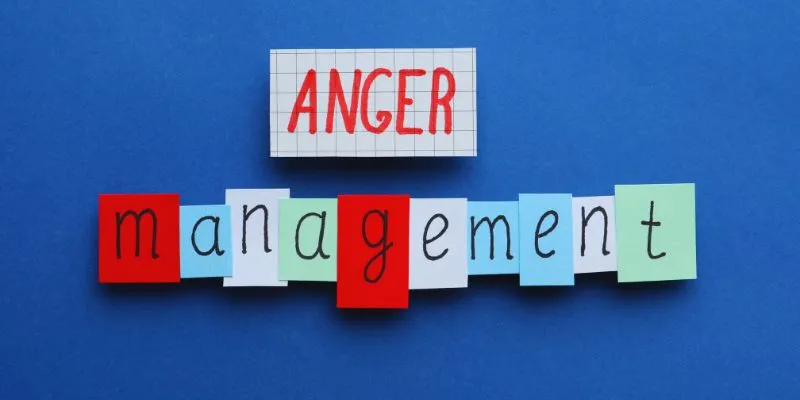Ways To Treat Encephalitis
Encephalitis is a serious brain inflammation requiring immediate medical attention. It often originates from viral infections such as herpes simplex or mosquito-borne viruses. Severe cases may lead to memory loss, seizures, and long-term brain damage. Early diagnosis and proper treatment can significantly improve recovery and reduce complications. This article explores the most effective ways to treat encephalitis , including hospital treatments, medications, rehabilitation, and home care techniques.
Preventative measures, including lifestyle changes and vaccinations, are essential in lowering the risk of this condition. Understanding the symptoms and available treatments empowers patients and caregivers to manage encephalitis effectively. Whether through cognitive therapy or antiviral medications, recovery hinges on swift action. Continue reading to discover how to manage encephalitis for a better quality of life.

What Is Encephalitis and Why Does It Occur?
Encephalitis is an inflammation of the brain tissue caused by viral, bacterial, or autoimmune factors. The most common causes include viral infections like West Nile virus or herpes simplex. Sometimes, the immune system mistakenly attacks healthy brain tissue, causing swelling. Although anyone can develop this condition, individuals with weakened immune systems are more susceptible. Young children, the elderly, and those with underlying health issues should exercise caution.
Symptoms may include fever, headaches, confusion, and seizures. Severe cases can result in paralysis, memory loss, or speech difficulties. Early diagnosis improves treatment outcomes. Encephalitis is categorized into two types: primary and secondary. Primary encephalitis is a direct brain infection, while secondary encephalitis results from infections elsewhere in the body.

Hospital Treatments for Encephalitis: Medications and Procedures
Hospital treatment is crucial for encephalitis patients. Doctors begin with tests to confirm the diagnosis, such as lumbar punctures, CT scans, and blood tests. Antiviral medications are commonly administered if a viral cause is suspected. Acyclovir is often prescribed for herpes simplex virus-related encephalitis. If a bacterial infection is suspected, antibiotics may be prescribed.
Patients with brain swelling might receive corticosteroids to reduce pressure and inflammation. Anti-seizure medications are also used to prevent seizures. In severe cases, intensive care is necessary. Patients with severe symptoms like difficulty breathing might need mechanical ventilation. Close monitoring of vital signs helps manage complications. Early hospital treatment minimizes long-term damage. Timely medication and supportive care enhance recovery rates.
Rehabilitation Therapies After Encephalitis Recovery
Rehabilitation is critical following hospital treatment, given the potential for long-term neurological effects. Therapies help patients regain lost skills and improve quality of life. Physical therapy is beneficial for those with mobility challenges, focusing on enhancing coordination, strength, and balance. Patients with speech difficulties benefit from speech therapy.
Occupational therapy teaches daily functions like eating and dressing, promoting independence. Psychological counseling is vital for managing emotional challenges due to brain damage. Cognitive rehabilitation primarily targets memory and cognitive skills, aiding patients with memory loss and concentration issues. Recovery is gradual, potentially taking weeks or months, and each patient’s journey is unique. Therapies should be tailored to meet individual needs.
Lifestyle Changes and Home Care for Encephalitis Patients
Home care is pivotal in the recovery process. Lifestyle changes can prevent complications and accelerate healing. Rest is crucial, but patients should also engage in light activities. A nutritious diet supports brain repair, with nutrient-rich foods bolstering the immune system and aiding recovery. Staying hydrated is equally important. Family support is vital, providing both emotional support and assistance with daily tasks.
Patients should avoid stressful situations, as stress can exacerbate issues and slow recovery. Regular doctor follow-ups are important to monitor progress and prevent relapses. Adhering to prescribed medications is essential. Creating a safe home environment reduces the risk of falls and injuries.
Preventive Measures to Avoid Encephalitis
Prevention is better than cure. Vaccination is the most effective way to prevent certain types of encephalitis. For example, the measles, mumps, and rubella (MMR) vaccine protects against viral infections that can cause encephalitis. Travelers to high-risk areas should receive appropriate vaccinations, such as the Japanese encephalitis vaccine for those visiting Asia.
Mosquito control measures reduce the risk of mosquito-borne encephalitis. Protective clothing, staying indoors during peak mosquito activity, and using insect repellent are advisable. Good hygiene is essential, with regular handwashing reducing infection risk. Avoiding contact with sick individuals helps prevent viral infections. Boosting the immune system through regular exercise and a balanced diet is also important.
Common Medications Used for Encephalitis Treatment
Various medications are prescribed for encephalitis treatment. Antiviral medications are common for viral encephalitis, with acyclovir frequently used to treat herpes simplex virus-related encephalitis. Corticosteroids, among anti-inflammatory drugs, help reduce brain swelling, particularly in autoimmune encephalitis cases.
Antibacterial medications address bacterial encephalitis, controlling bacterial infections in the brain. Anti-seizure medications, such as valproic acid and phenytoin, prevent seizures. Immunoglobulin therapy is occasionally used to treat autoimmune-related encephalitis. Doctors closely monitor patients on these medications to manage side effects and ensure the best possible outcome.
Natural Remedies and Homeopathic Options
While medical treatment is essential, some natural remedies can aid recovery. These should never replace professional medical care. Consult a healthcare provider before trying these options. Herbal teas containing anti-inflammatory properties, like ginger and turmeric, may help reduce inflammation. Omega-3 fatty acids in fish oil support brain function.
Engaging in cognitive challenges, such as memory games and puzzles, can enhance brain capacity. Regular mental stimulation supports recovery. Essential oils like lavender may reduce anxiety but should be used cautiously. Homeopathy offers supportive treatments, often using remedies like Belladonna and Gelsemium. Consult a professional before using these treatments.
Conclusion
Managing encephalitis requires early diagnosis, hospital treatment, and rehabilitation. Medications and therapies speed up recovery. Preventive measures and lifestyle changes can lower future risks. Family support is crucial for recovery. While hospital care is vital, home care ensures long- term health. Early symptom recognition helps prevent severe outcomes. Remember, encephalitis is a serious condition needing prompt medical intervention.











